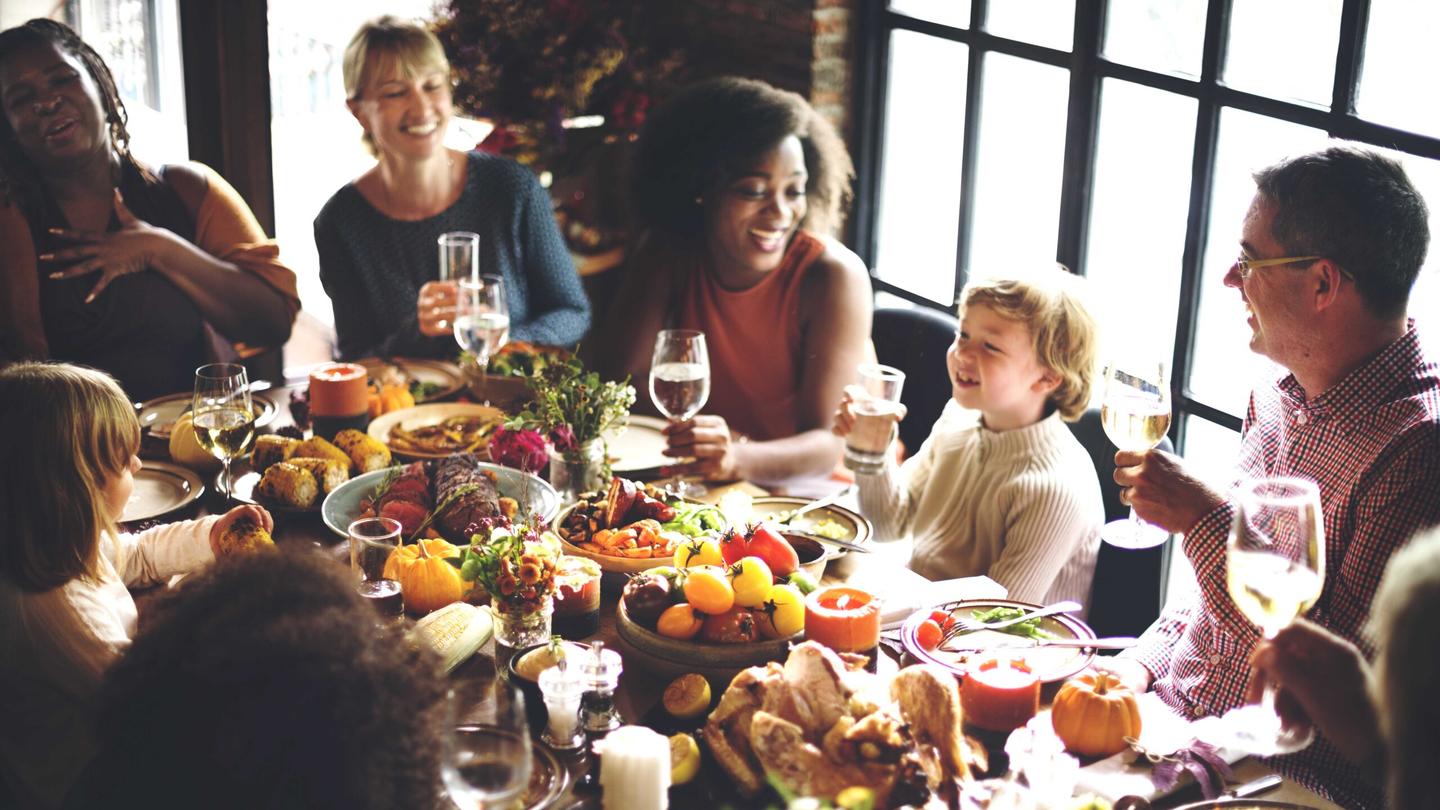There are some things we look forward to year over year during the holiday season — like good food, time with friends and family, and festive décor. There are also things most of us dread — like conversations about divisive issues that threaten to spoil otherwise enjoyable times with loved ones.
Current events and our polarized political climate being what they are, it's inevitable a contentious topic will find its way into conversation. Most of us want our perspectives heard and respected, but often not at the cost of our relationships. According to an October 2022 poll, nearly one in five voters –- 19 percent –- said that "disagreements recently with family or friends over political issues" hurt their relationships.
Yet, a pluralistic society depends on various perspectives. Some of our country's greatest achievements — ranging from major social change like the Civil Rights Movement to technological and scientific innovation like the camera pill — are the results of people from differing perspectives working together toward a common goal. Progress toward growth and prosperity today requires similar collaboration from people of all different backgrounds and beliefs.
In recent years, behavioral scientists, educators, and cultural leaders have been leveraging the best research, personal experience, and networks like businesses, schools, and community groups to foster healthier discussions about the most divisive issues of the day. Some of their findings and tips you may find helpful for your gatherings with family and friends this holiday season.
Focus on who the person is, not what they believe
Many of us know the political leanings of our family and friends. Having such knowledge can make it easy to fall into assumptions about a person before any discussion. Putting people into preconceived categories only aids division.
A better approach honors who rather than what we are, focusing on our individuality rather than group labels. This is a foundational principle of Moral Courage College, a grantee of Stand Together Trust that offers courses, trainings, and resources to teach people to turn contentious issues into constructive conversations.
You may not have time to take an online course before you gather around your loved ones' holiday table, but Moral Courage College's shorter online videos are packed with tips for building empathy, appreciating diversity, and relating better with those who hold different views.
https://vimeo.com/825535461
This introduction with Irshad Manji, founder and CEO of Moral Courage College, identifies five skills that can move a conversation from a contentious to a collaborative one; from an either/or proposition to a both/and one; and from a noxious debate to a constructive, bridge-building conversation.
https://vimeo.com/825547130
While geared toward leaders in companies or organizations, this video offers helpful tips for establishing trust in relationships with uneven power dynamics.
If this different approach to conversations is invigorating and inspiring to you and your loved ones, you could even start a book club to discuss Irshad Manji's book "Don't Label Me: How to Do Diversity Without Inflaming the Culture Wars."
Humanize the conversation through storytelling
"Most Americans believe that stats are the best way to foster mutual respect," writes Sarah Cross, Vice President of Free Speech and Peace, Strategic Initiatives at Stand Together. "In fact, social psychologist and Director of the Center for the Science of Moral Understanding at the University of North Carolina-Chapel Hill Kurt Gray says, data does little to help people understand different perspectives: "When one person brings up a set of facts, the other person easily dismisses it as 'fake news.'" Instead, "what fosters respect are narratives of personal experience."
Most of us have stories or personal experiences that have played a role in forming our deeply held beliefs. Sharing those stories can introduce compassion into a conversation that may more easily become contentious.
That's why in 2020, Eboo Patel and the team at Interfaith America launched a program now called Bridging The Gap, to equip students to tell their stories, hear from others, and engage tension constructively. The goal of the program is to address religious and political polarization across the country by helping students bridge ideological differences through candid conversations and relationship building.
Students from Oberlin College, a historically progressive, liberal arts institution in Ohio, and Spring Arbor University, a historically conservative, Christian institution in Michigan, who participated in the very first Bridging The Gap intensive had this to say about the experience:
- "[Bridging The Gap] taught us to sit down, think, and not jump to conclusions, and to ask 'why?'" — an Oberlin College student
- "I definitely sat, listened, and I tried to clarify some of the questions the Oberlin students had before I started to answer." — a Spring Arbor University student
Stories about personal experiences may not influence a person to change their beliefs, but at minimum, they can foster understanding about why a person holds a particular belief. That understanding and respect for others' experiences can go a long way in fostering a less divisive culture.
Sign up for the Strong & Safe Communities newsletter for stories, ideas, and advice from changemakers working with their neighbors to address the biggest problems we face.
Listen to learn
When we're engaged in discussions about deeply held beliefs, most tend to listen to refute or correct the other person's assumptions or beliefs. This approach makes us more likely to encounter frustration, misunderstandings, or offensive statements.
Effective communication -- connecting us to other people -- involves listening to understand, not refute.
Millions of Conversations, a grantee of Stand Together Trust, believes listening is key to fostering a healthier democracy. Their Pledge to Listen is an invitation to individuals to join their work:
"I pledge to listen to others who hold different opinions, views, or beliefs. I will try to understand their reasons and their perspectives and will respectfully express my own in return."
It's a simple statement that Millions of Conversations recognizes is not an easy discipline to develop. Their resource "Let's Talk About Us: A Guide to Deeper Listening for Better Understanding" offers helpful tips for individuals looking to improve their listening skills to learn and understand. Some of these tips are presented in easy-to-remember acronyms, too.
For example:
Remember R A S A
Receive their words in full.
Appreciate by acknowledging verbally and/or physically.
Summarize back to them to clarify that you've received.
Ask questions to go deeper, instead of just retorting.
This looks like listening without interrupting or appearing tuned out, saying things like "Thank you for sharing this perspective," and "What I think I hear you saying is ... " Finally, going deeper can be as simple as asking "Can you tell me more?" or "Why do you think that?"
Listening better, debating better, leaning into more tough conversations — these acts can feel small in the face of the big challenges we see in our communities and country. But the sum is greater than the individual parts. Just like the problems of our day won't be solved by just one person or in one moment, our ability to bridge divides and foster less polarized conversations will likely require patience, practice, and a commitment to try to listen and learn better with each conversation.
For more tips on listening to learn and understand, download the listening guide from Millions of Conversations.
The Stand Together community partners with changemakers who are tackling the root causes of America's biggest problems.
Learn more about Stand Together's free speech and peace efforts, and explore ways you can partner with us.
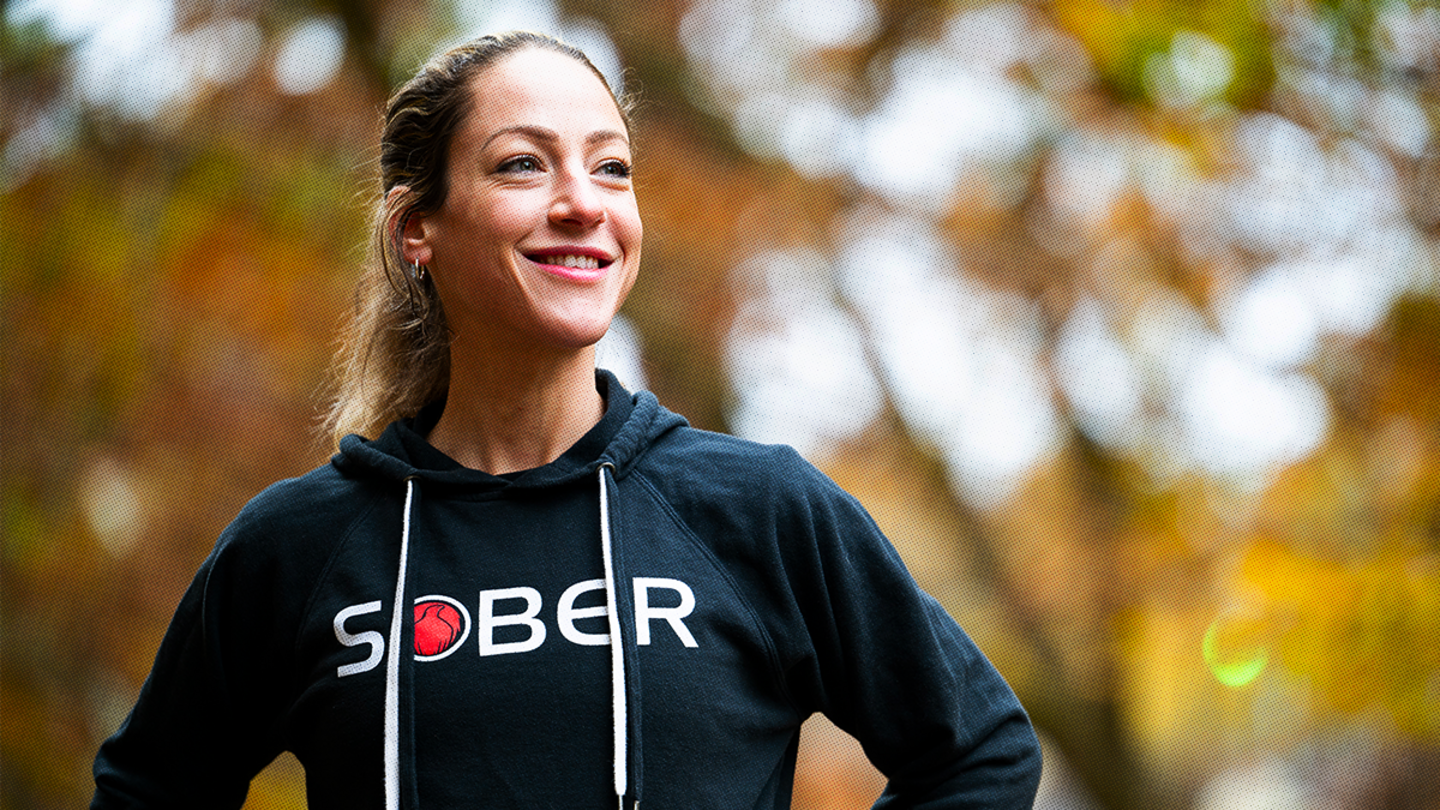
This fitness instructor overcame heroin addiction and more to be where she is now — helping others.
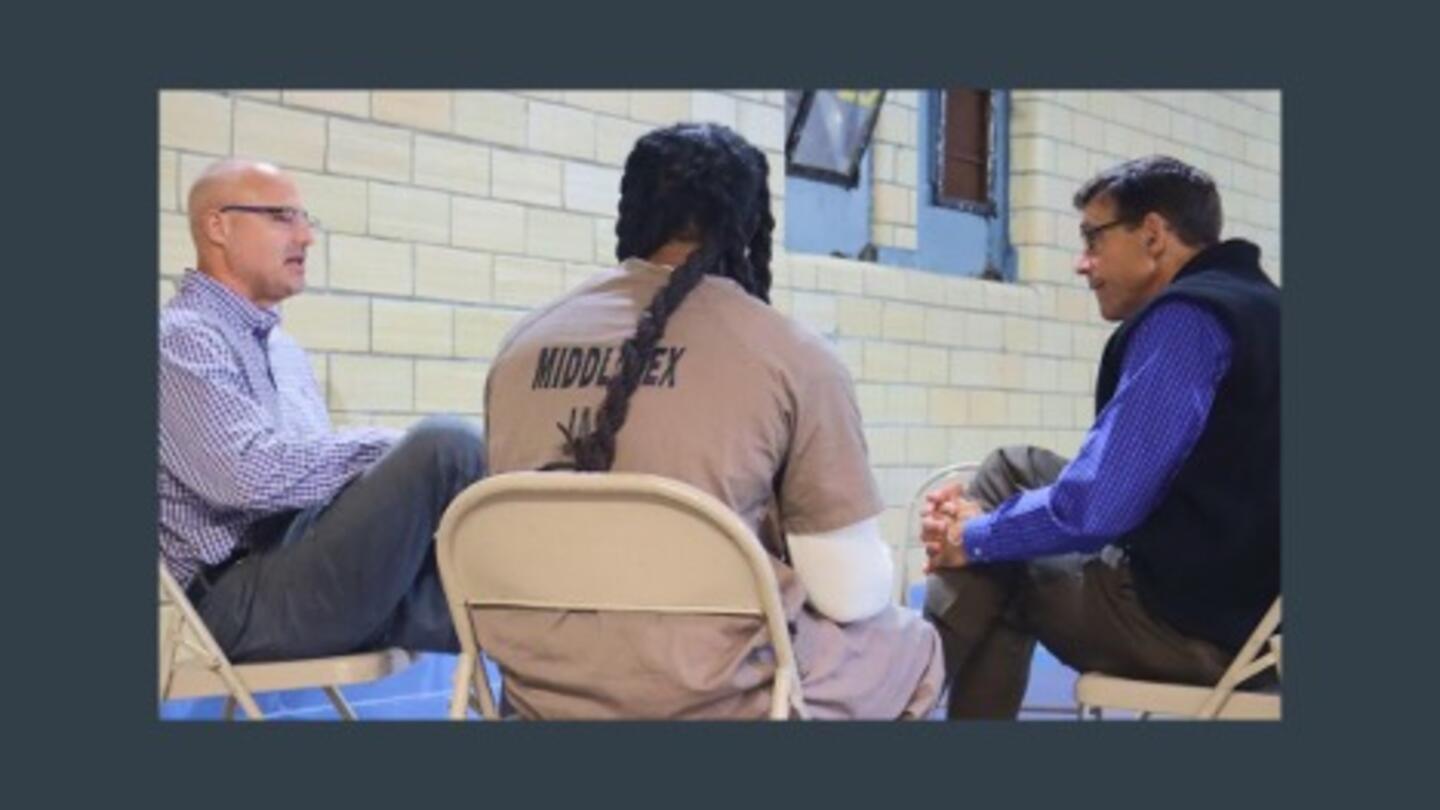
How an evening inside this jail can change the way we see incarcerated individuals.
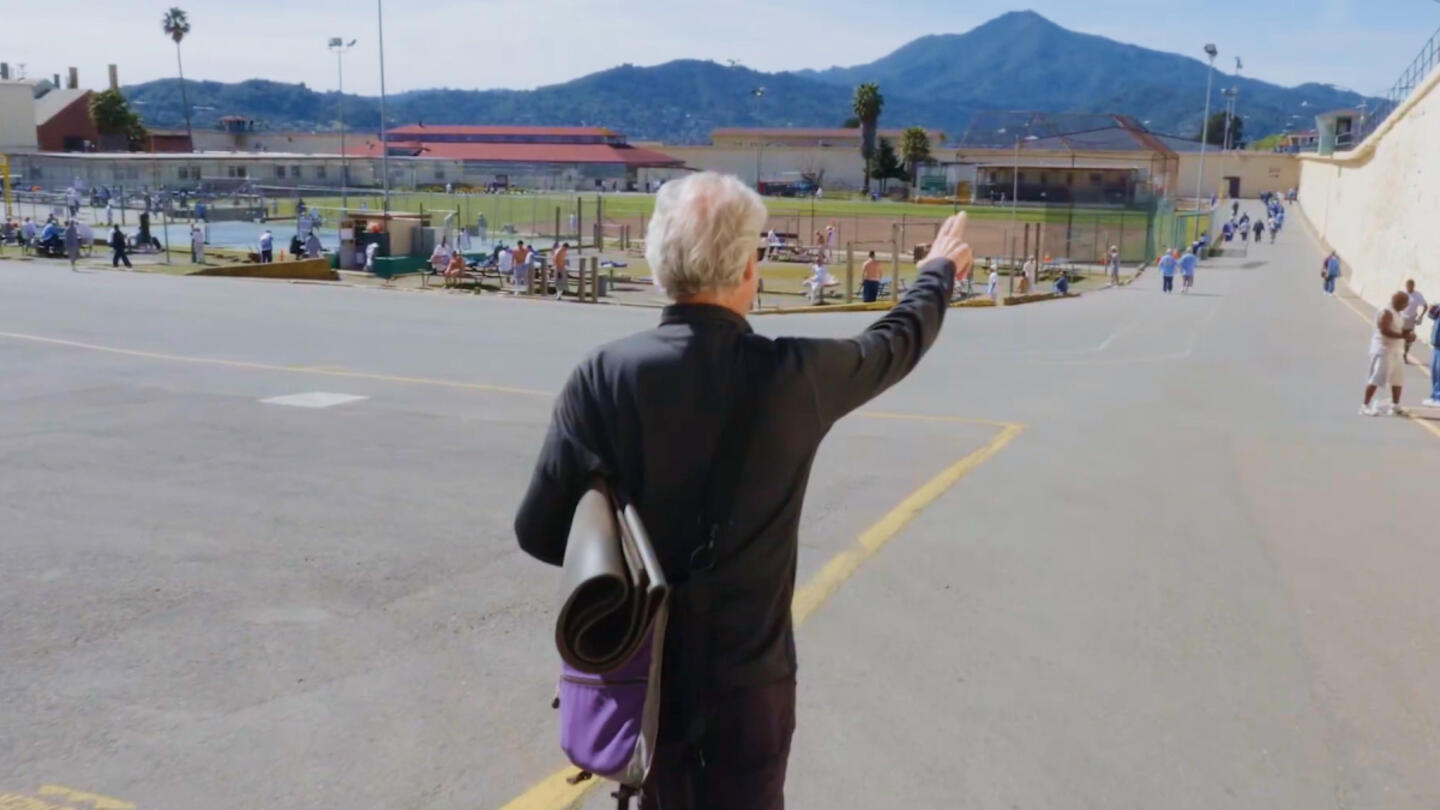
How to supercharge social impact with a simple survey
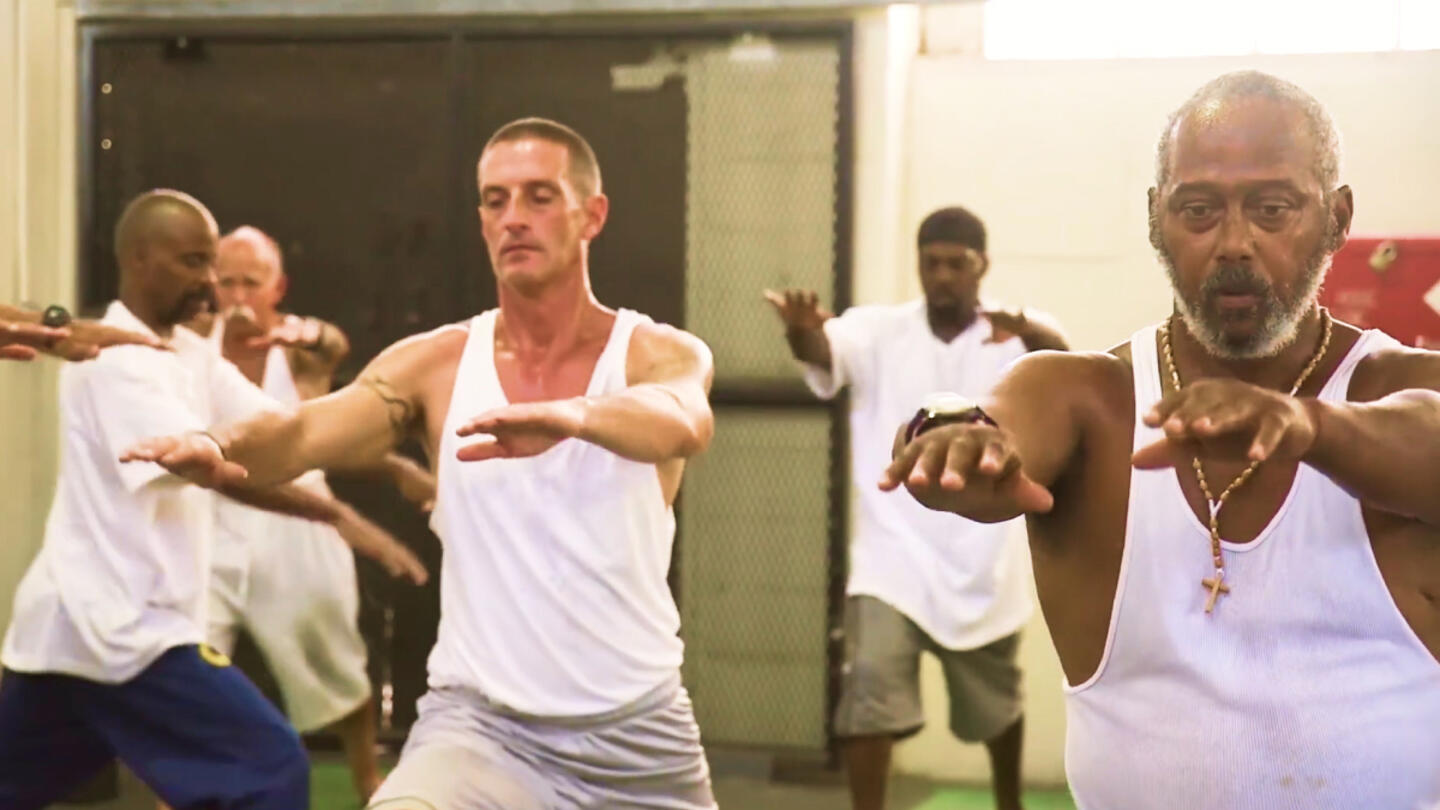
Addressing trauma through yoga can help people rejoin society after incarceration.
